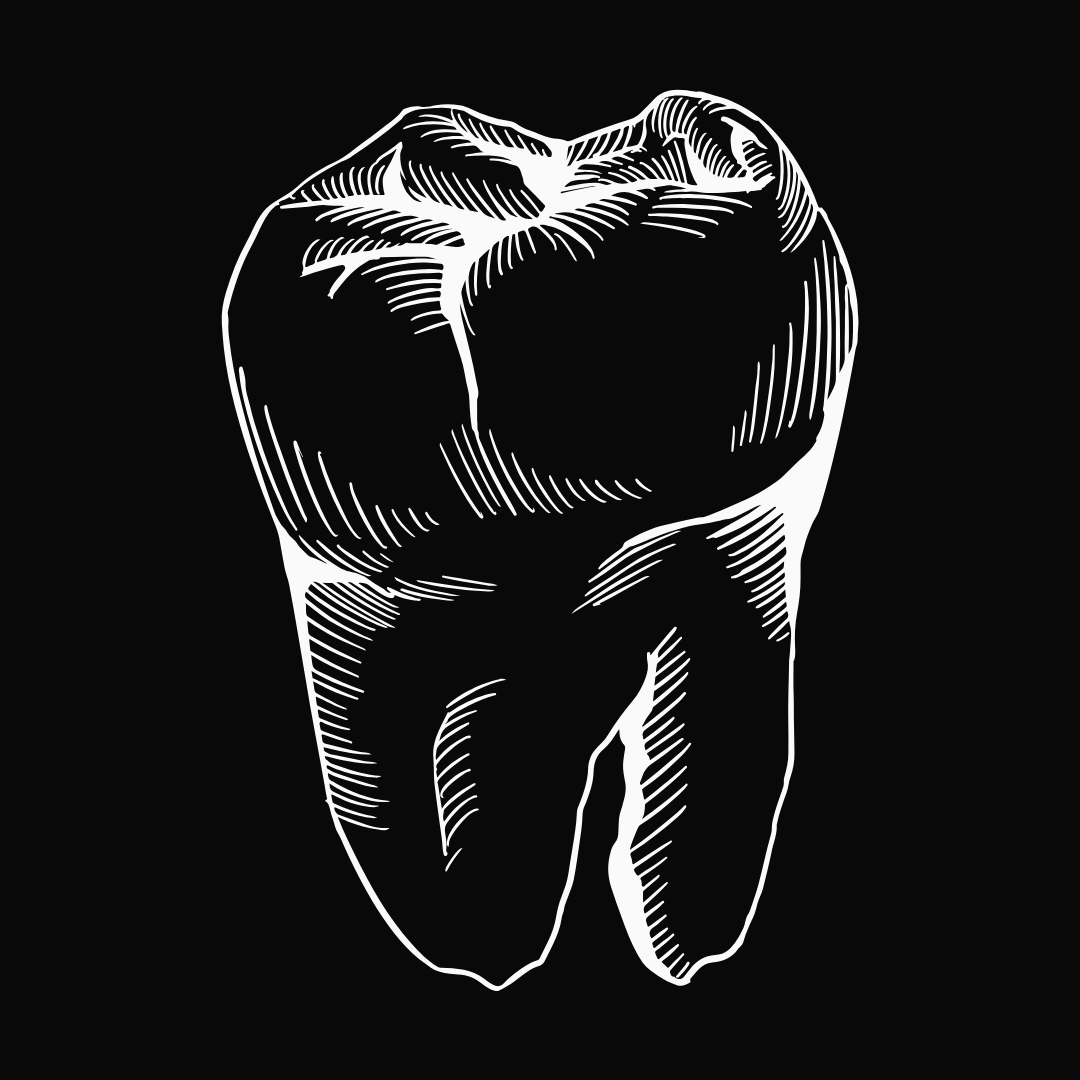How Much Protein Do You Actually Need?
Ah, protein. Something everyone has on their lips in the fitness world. There probably isn't a gym anywhere in the world that isn't selling some sort of protein supplement. We're obsessed with it! And we don't blame you. How can you not be? You're being sold the dream that protein can give you untold muscles and superb leanness.
You might think more must be better. Maybe you've been told more is better. More protein equals more progress. But are you right? The sheer amount of misinformation out there may be steering you wrong.
Do you believe that protein shakes are as important as your workouts? Are you knocking them back like no tomorrow, whilst neglecting the proper fat and carb intake you should be having?
It's something that a lot of us are following blindly, without questioning the methodology. Luckily, we've got some answers for you. And if you've tried Googling this before, you've probably seen there's a lot of information out there on this topic. Your recommended amount of protein will vary massively depending on who you're asking. It can be really overwhelming and confusing trying to cut through all the BS.
Today we're putting all that to the side, so you know exactly what you need to do. And if you want even more information protein, check out our Head Warrior, Amy Newton's, super informative video on what you should be doing with protein.
And unnecessary amount of protein will make no difference to your rate of muscle gain or fat loss, and can be detrimental in the long run. If a larger part than needed of your daily calorie allowance is taken up by protein, there's less room for carbs and fats which are both equally as important in your diet.
Carbs are our primary energy source and are needed for physical activity, brain function and the operation of our organs. Fats are the backup fuel source when there's no carbs available, and they also absorb and store vital nutrients.
So how much protein do you need to build muscle or lose fat?
Watch our Head Warrior, Amy Newton, in her new YouTube video to see all the ways you can calculate your correct protein intake. Click here to see it now.
The supplement industry is a big money business, and you will always find someone there who is saying you need to take supplements. Protein supplements are completely optional, and aren't essential to your overall success.
Sure, it is easier, quicker and perhaps even cheaper to slam down the protein shakes, but the truth is you can get your protein in from using other food sources. Using food sources also has the added benefit of keeping you fuller for longer, and are more satisfying as a meal. Drinking your calories will never be satisfying, and won't keep you full either.
Great sources of protein
There are loads of foods that are great for protein. Here's some examples.
- Grains and pulses - Lentils, pulses and beans are an excellent staple for your cupboard that are a great source of protein.
- Dairy products - Nut milks like hazelnut and almond milk have great levels of protein. Soy milk and Greek yogurt are also another way to add in protein.
- Soya and tofu - Soy protein is so versatile, and tofu is packed with it. Using soya beans as part of your daily diet is a great veggie substitute for protein.
- Nuts and seeds - For a snackable source of fats and protein, almonds, cashews and flaxseeds are all popular protein-rich options.
Eating the correct amount of protein found in foods will be enough for you to hit your body goals without having too much trouble.
